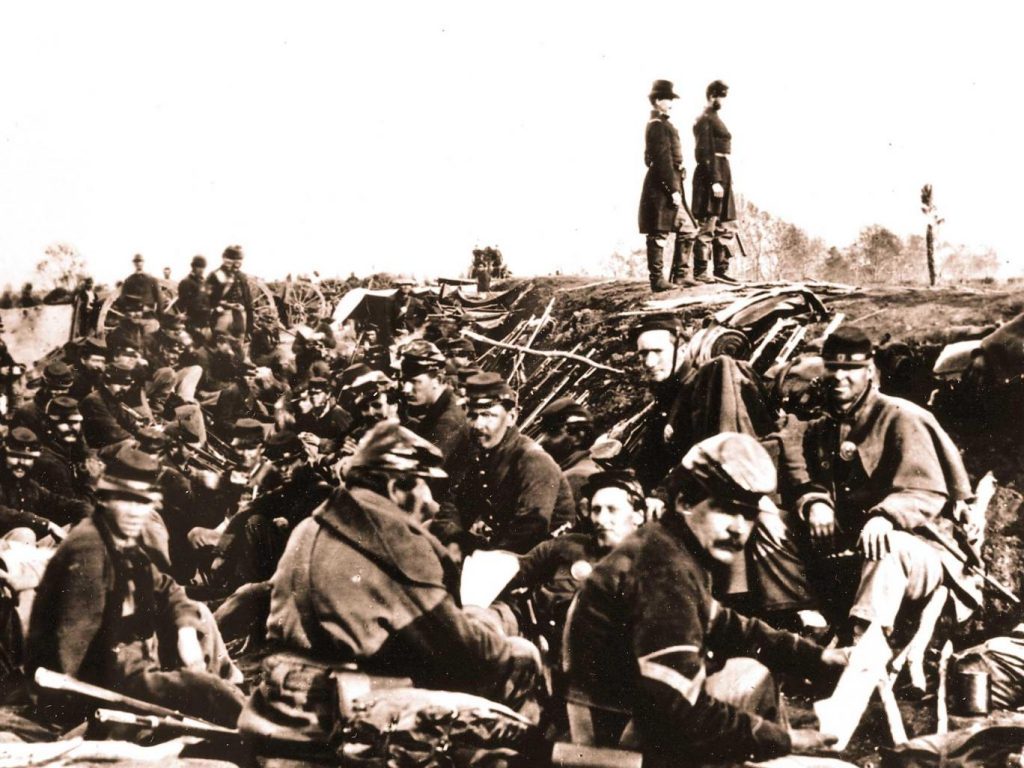Abner R Small, a commissioned officer in the 16th Maine Volunteers, was captured by Confederate forces in August 1864 and spent several months as a prisoner of war. In his diary, Small recorded the effects of imprisonment upon his fellow inmates. “They became homesick and disheartened,” he noted. “They … were dying of nostalgia.”
Nostalgia, once regarded as a condition of homesickness, was widespread during the American Civil War. Wartime letters and diaries, as well as post-war memoirs and reminiscences, reveal much about the emotional sensitivity of Civil War fighting men towards their homes.
For the most part, Union and Confederate armies were comprised of young volunteers who were away from their homes and families for the first time. The majority of recruits came from an agricultural or rural background.
While Civil War-era preventative medicine lacked the knowledge to care satisfactorily for those stricken with homesickness, medical experts of the time debated how to manage and alleviate the emotional suffering of their patients.

